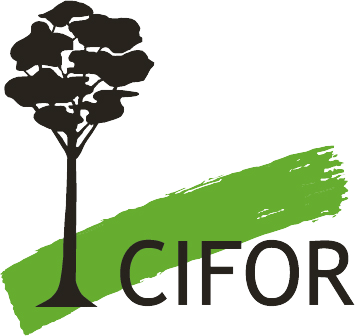Mitigating risks of disease transmission in the wild meat food chain from forest to fork in Cameroon
Almost three-quarters of emerging infectious diseases (EIDs) originate in animals, with most of those coming from wildlife. The Congo Basin is considered a hotspot for EIDs and has already experienced zoonotic disease spill over (transmission of pathogens from animal hosts to humans) due to close contact between humans and wildlife. Hunting, butchering, preparing, and consuming wild meat are common in the region and present opportunities for pathogen spill over from animals to humans.
The general objective of this project is to understand the behaviours that may expose actors to different risks along the wild meat food chain in Cameroon in order to develop targeted interventions and recommendations for reducing health risks from handling wild meat. During the first year of the project, we used a mixed methods approach to collect data from hunters, food preparers, vendors and to better understand the behaviours of different actors around wild meat handling, and attitudes about health risks around the Dja Reserve and around Boumba Bek National Park. In the second year of the project, we plan to implement pilot interventions in two of the sites to try to change risky behaviours in order to reduce risks of disease from wild meat handling. The intended outcome of this project is to recommend activities and policies that can reduce the risks of disease transmission along the wild meat food chain.
Participants
Julia E. Fa
Position: Professor of Biodiversity and Human Development
Sagan Friant
Contacts
CIFOR
Email: cifor@cifor-icraf.org
